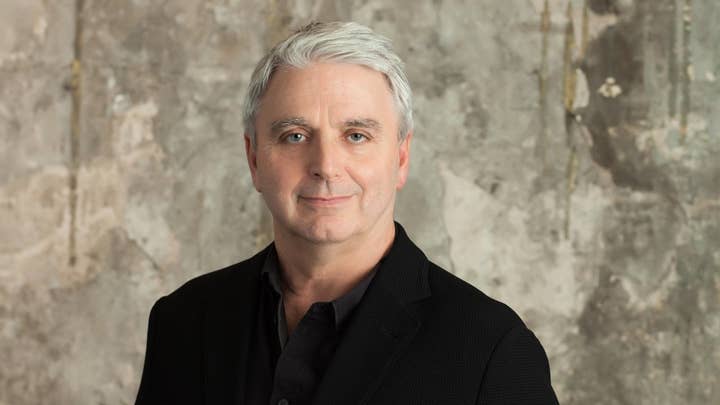John Riccitiello retires as Unity CEO after nine years
James M. Whitehurst named interim CEO as the board begins its search for a permanent replacement
Sign up for the GI Daily here to get the biggest news straight to your inbox
Less than a month after detailing a controversial change to its business model, Unity has announced that John Riccitiello will retire as CEO and president.
Riccitiello has served in the role since 2014, and the executive will also leave his position on the board of directors as chairman.
James M. Whitehurst will step into the role of interim CEO and president of Unity. Additionally, the lead independent Unity board director, Roelof Botha, has been appointed chairman.
Unity's board will begin searching for a new permanent CEO.
"I am confident that Unity is well-positioned to continue enhancing its platform, strengthening its community of customers, developers, and partners, and focusing on its growth and profitability goals," said Whitehurst. "I look forward to working closely with the board and our talented global team to execute on our strategy, and I anticipate a seamless transition."
During Riccitiello's tenure, he was vocal about Unity's expanding business model and operations. In 2022, he spoke with GamesIndustry.biz when its merger with IronSource was still pending.
He said, "We view our mission and vision in life as being about helping them create and address headlong that next complexity of operating and dealing with all the issues from hosting to voice to multiplayer matchmaking to analytics and, when appropriate, to monetization."
However, not all of Unity's ideas during his time overseeing the company have gone over smoothly.
Shortly after it announced its new generative AI tools in June, Riccitiello doubled down in support of the technology, saying that they would be trained on internal art or licensed from third parties. This came a week after the firm dropped one of its AI partners after it was revealed that it was selling assets built by human developers.
His retirement also comes less than a month after the company announced that it would add a new Runtime Fee charge every time a game using its engine is installed.
The idea was met with ample developer backlash, prompting Unity to revise the controversial policy, including removing the fee for any games built on a Unity Personal license.
Sign up for the GI Daily here to get the biggest news straight to your inbox

